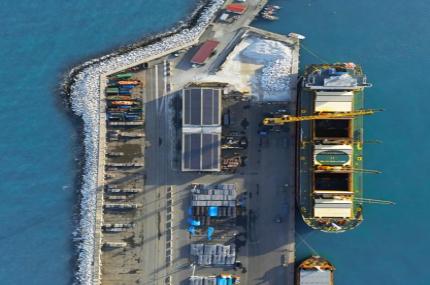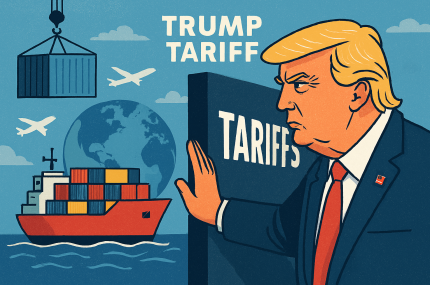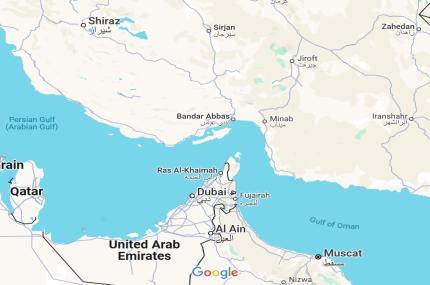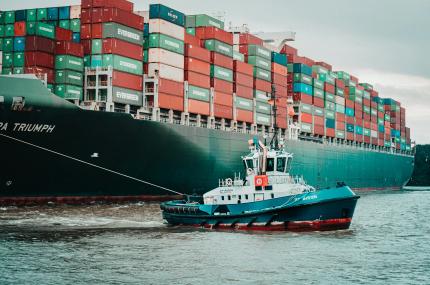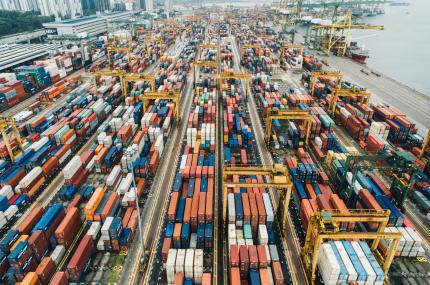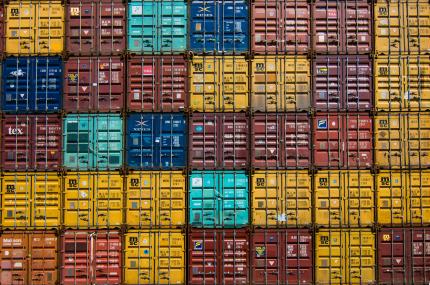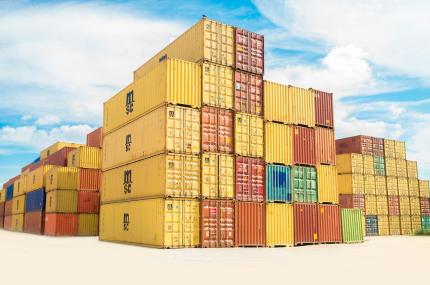Blog Detail
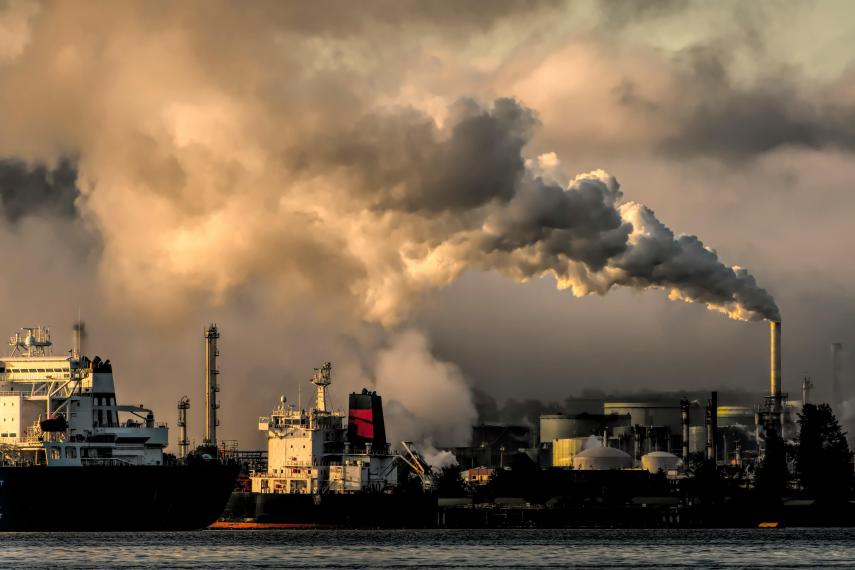
Detours and Supply Chain Disruptions: How Geopolitics are Fuelling a Surge in Shipping and International Logistics Emissions
Geopolitics and EmissionsIn an increasingly volatile world, the invisible threads of geopolitics are tugging at the seams of global logistics. From the war in Ukraine to ongoing Red Sea attacks and the economic ripple effects of tariff wars such as those initiated during the Trump administration, global supply chains are being forced to adapt in costly—and carbon-intensive—ways.
While the environmental conversation around logistics has long focused on sustainability and green innovation, the reality is that political instability is now one of the biggest barriers to reducing emissions in global trade. From extended shipping routes to a shift towards more carbon-heavy transport methods such as air freight, geopolitical tensions are accelerating emissions at a time when the world can least afford it.
Red Sea Crisis: A Detour Around Decarbonisation
The Red Sea conflict is a clear example of how localised geopolitical strife can ripple into global carbon consequences. Historically, the Suez Canal has been a vital artery for global trade, enabling relatively quick transit between Asia, Europe and the Americas. However, with commercial vessels now avoiding the Red Sea due to security threats, the detour around the Cape of Good Hope adds seven to ten days to many journeys.
This longer route not only delays goods but also burns significantly more fuel, at a time when the shipping sector already contributes about three percent of global greenhouse gas emissions. With ships still largely reliant on fossil fuels, this rerouting dramatically increases the carbon footprint of global shipping.
Even as the industry explores cleaner fuel alternatives such as LNG, methanol, and hydrogen, these innovations remain limited by technological constraints, distance requirements, and infrastructure. The extended voyage times only worsen this gap, emphasising how geopolitical instability can stall progress towards decarbonisation.
As the sector grapples with these challenges, finding sustainable solutions becomes increasingly crucial—not only for the environment but also for the continuity of global commerce.
Airspace Closures and Carbon Consequences
The war in Ukraine has similarly reshaped the air logistics landscape. The closure of Ukrainian and Russian airspace forces airlines to take longer, less fuel-efficient paths. These detours are not only more expensive but also significantly more polluting, compounding aviation’s already substantial environmental impact.
Unlike maritime shipping, which can occasionally absorb delays, aviation depends on precision. The extended flight times burn additional fuel, emitting more carbon into an already stressed atmosphere. As maritime shipping becomes less reliable due to security threats, many companies are shifting to air freight to move high-margin or time-sensitive goods, particularly between Asia and Europe.
This shift increases aviation’s role in emissions. Although air freight is efficient in terms of speed, it produces substantially higher emissions per tonne-kilometre than shipping. When geopolitical crises push logistics managers to favour speed over sustainability, the environment bears the cost.
Tariffs and the Air Freight Surge
Geopolitical conflict does not always come with missiles and blockades—sometimes, it is policy-driven. During the Trump administration, tariffs on Chinese goods led companies to reconsider their logistics strategies. In many cases, to avoid tariffs on goods arriving by sea, businesses shifted to air cargo, flying goods directly into the United States to sidestep duties on maritime shipments.
This tactical rerouting once again prioritised speed and cost savings over environmental responsibility. Although these shifts may seem minor in isolation, when replicated across thousands of companies and millions of shipments, the cumulative emissions spike becomes significant.
Conclusion: A Call for Collaborative Action
The global logistics industry stands at a critical crossroads. Geopolitical conflicts—whether in the form of open warfare or trade disputes—are undermining decades of progress towards efficient and sustainable global supply chains.
Policymakers, businesses, and environmental leaders must work together to address these disruptions not only with reactive fixes but with long-term, system-wide strategies. Resilient supply chains are not just good for business—they are essential for the planet.
If carbon neutrality is the destination, geopolitical peace might be the fastest route.
